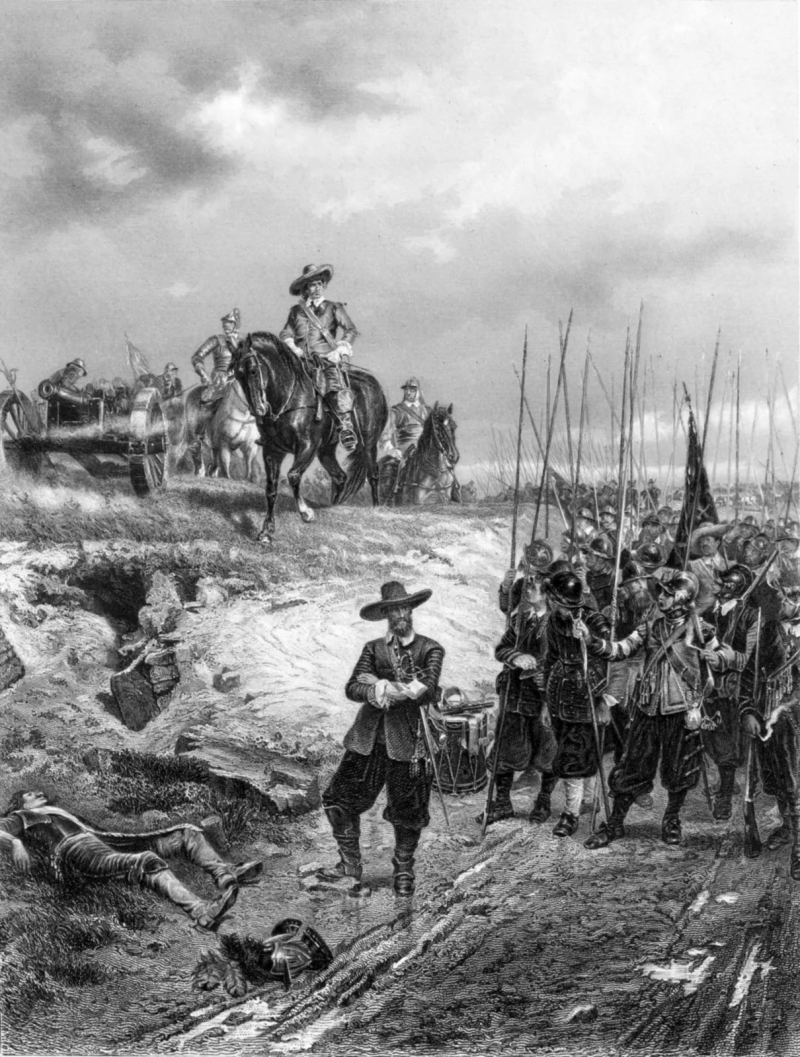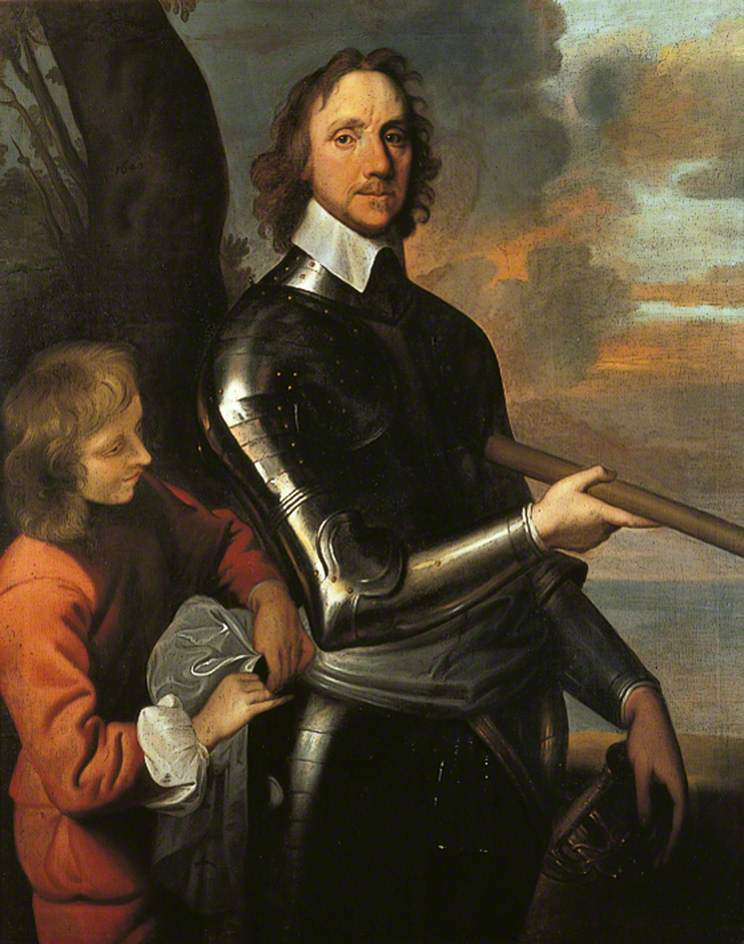Cromwell acquired a reputation both as a military organizer and a fighting man
You may not know, that one of the interesting facts about Oliver Cromwell, Cromwell built a reputation as a military planner and a fighter during the year 1643. He made it a point to find obedient and well-behaved men regardless of their social standing or religious beliefs. He had insisted from the beginning that the men who served on the parliamentarian side should be carefully chosen and properly trained. After being promoted to colonel in February, he started recruiting for a superior cavalry regiment. He enforced strict discipline while demanding that his troopers be treated well and paid on time. They were fined for swearing, put in the stocks for being intoxicated, called each other "Roundheads"—a derogatory term the Royalists used to refer to them because of their close-cropped hair—and whipped for deserting. He trained his cavalrymen so well that he could check and reform them after they were charged in combat. One of Cromwell's outstanding qualities as a combatant commander was that.
He served in the eastern counties that he was so familiar with throughout 1643. These formed a well-known center of parliamentary strength, but Cromwell was unwilling to remain on the defensive and made the decision to launch a counterattack to stop the infiltration of Yorkshire Royalists into the eastern counties. On July 28, in Lincolnshire, he won the Battle of Gainsborough by rallying his troops in the face of an unconquerable foe. The Isle of Ely, a sizable plateau-like hill rising above the nearby fens and considered a potential fortification against advancing Royalists, was given to him as governor on the same day. However, Cromwell was able to stop the Royalist attacks at Winceby in Lincolnshire and then successfully besieged Newark in Nottinghamshire while fighting alongside the parliamentary general Sir Thomas Fairfax. Now that he had achieved these victories, he was able to persuade the House of Commons to raise a new army that would not only defend eastern England but also march out and engage the enemy.










